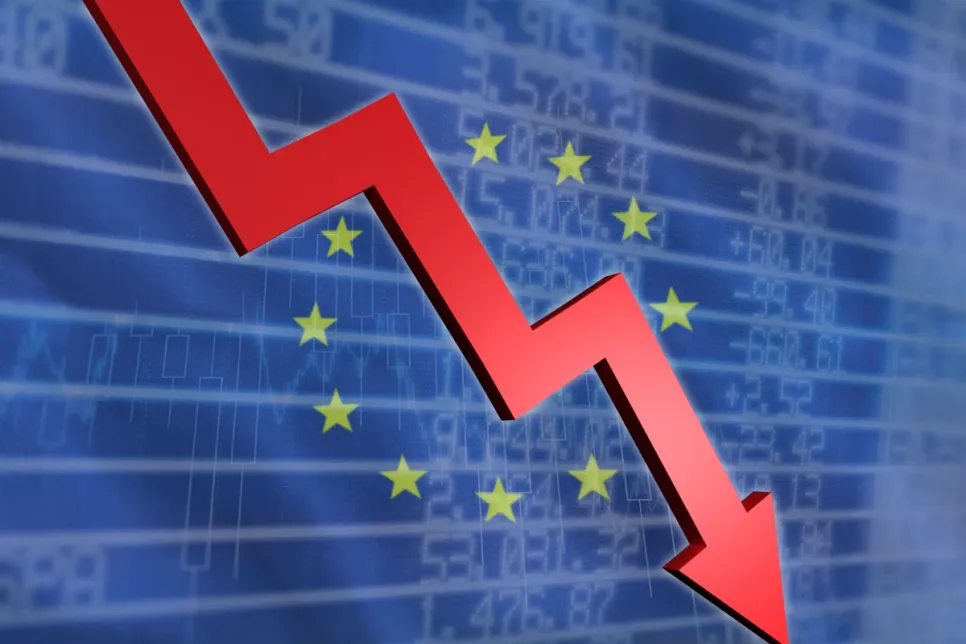EC to Reform Network Rules with the Digital Networks Act
The European Commission has announced the Digital Networks Act (DNA), a new proposal aimed at modernizing and simplifying rules governing connectivity networks.

The European Commission has published the second report on the State of the Digital Decade, providing a comprehensive overview of the progress made in the quest to achieve the digital objectives and targets set for 2030 by the Digital Decade Policy Program (DDPP). This year, for the first time, the report is accompanied by an analysis of the national Digital Decade strategic roadmaps presented by Member States, detailing the planned national measures, actions, and funding to contribute to the EU's digital transformation.
The Commission's analysis shows that, in the current scenario, the collective efforts of Member States will fall short of the EU's level of ambition. The identified gaps include the need for additional investments, both at the EU and national levels, in particular in the areas of digital skills, high-quality connectivity, uptake of AI and data analytics by enterprises, semiconductor production, and start-up ecosystems. The EC also updated country-specific and cross-cutting recommendations for every EU Member State to address the identified gaps.
The report highlights that the EU is far from achieving the connectivity targets set by the DDPP. Fiber networks, critical for delivering gigabit connectivity and enabling the take-up of cutting-edge technologies such as AI, cloud, and the Internet of Things (IoT), only reach 64% of households. High-quality 5G networks today only reach 50% of the EU's territory and their performance is still insufficient to deliver advanced 5G services. In 2023, the uptake of AI, cloud, and/or big data by European companies was also well below the Digital Decade target of 75%. Under current trends, only 64% of businesses will use cloud, 50% big data, and only 17% AI by 2030. Another major challenge faced in the EU's digital transformation remains the limited spread of digital technologies beyond large cities.
The digital skills targets set by the Digital Decade are still far from being achieved, with only 55.6% of the EU population having at least basic digital skills. According to the current trend, the number of ICT specialists in the EU will be around 12 million in 2030, with a persisting gender imbalance. Member States are progressing towards the target of making all key public services and electronic health records accessible to citizens and businesses online, as well as providing them with a secure electronic identification (eID). Despite uneven take-up across Member States, eID is currently available to 93% of the EU population and the EU Digital Identity Wallet is expected to incentivize its use. However, in a business-as-usual scenario, achieving 100% of digital public services for citizens and businesses by 2030 remains challenging.
The Commission said that Member States will now have to review and adjust their national roadmaps to align with the ambition of the Digital Decade Policy Program before 2 December 2024. As set out in the DDPP, the Commission will monitor and assess the implementation of these recommendations and report on the progress made in the next State of the Digital Decade report, in 2025.